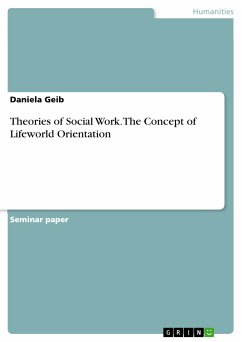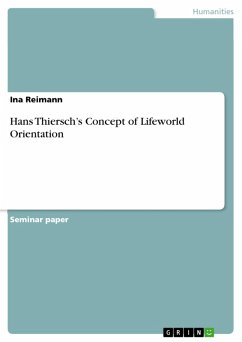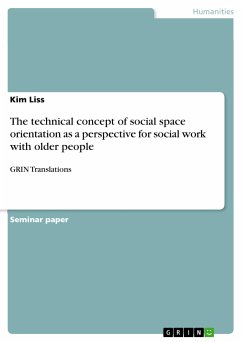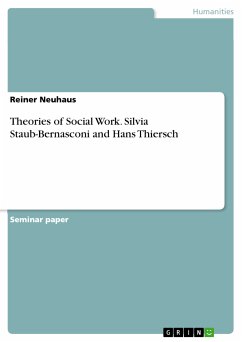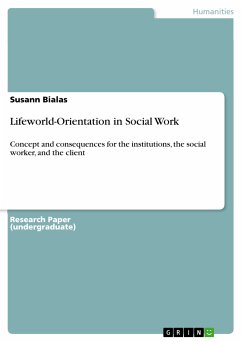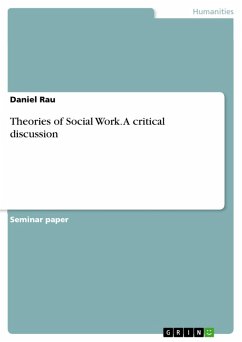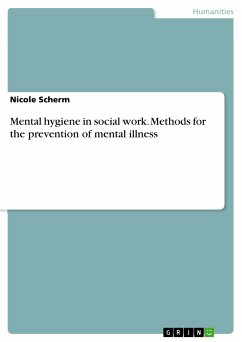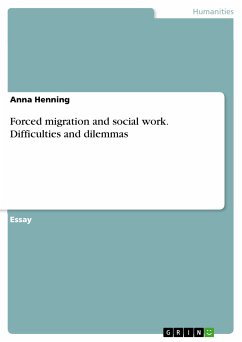Seminar paper from the year 2009 in the subject Social Work, grade: 1,0, Johannes Gutenberg University Mainz, language: English, abstract: Scientists and academics are repeatedly confronted with questions about the theories on which their work is based. Especially in relation to the relationship between theory and practice, the question arises as to what extent and whether theories are necessary at all in social work. To put it bluntly, the raison d'être of social work as a science and course of study at universities is also called into question here. If theories are not needed at all, why should social work be represented as a science at universities? In this paper, I would therefore first like to deal with the concept of theory. Even though a general definition of the concept of theory in terms of scientific theory is difficult due to its complexity, an attempt will be made here to arrive at an initial understanding of the concept of theory. Based on this, we will then ask for criteria or definitions of theories of social work. The second part of this paper will then deal with a theory or a concept in the context of social work by way of example. The first question is about the basic assumptions of the concept of lifeworld orientation, its lines of tradition and its development. This is followed by a presentation of the dimensions represented within the concept of lifeworld orientation as well as the structural and action maxims on which lifeworld-oriented social work is based. Finally, before a brief concluding remark, the previously explained concept of lifeworld-oriented social work will be concretised using the example of social-pedagogical family assistance.
Dieser Download kann aus rechtlichen Gründen nur mit Rechnungsadresse in A, B, BG, CY, CZ, D, DK, EW, E, FIN, F, GR, HR, H, IRL, I, LT, L, LR, M, NL, PL, P, R, S, SLO, SK ausgeliefert werden.

